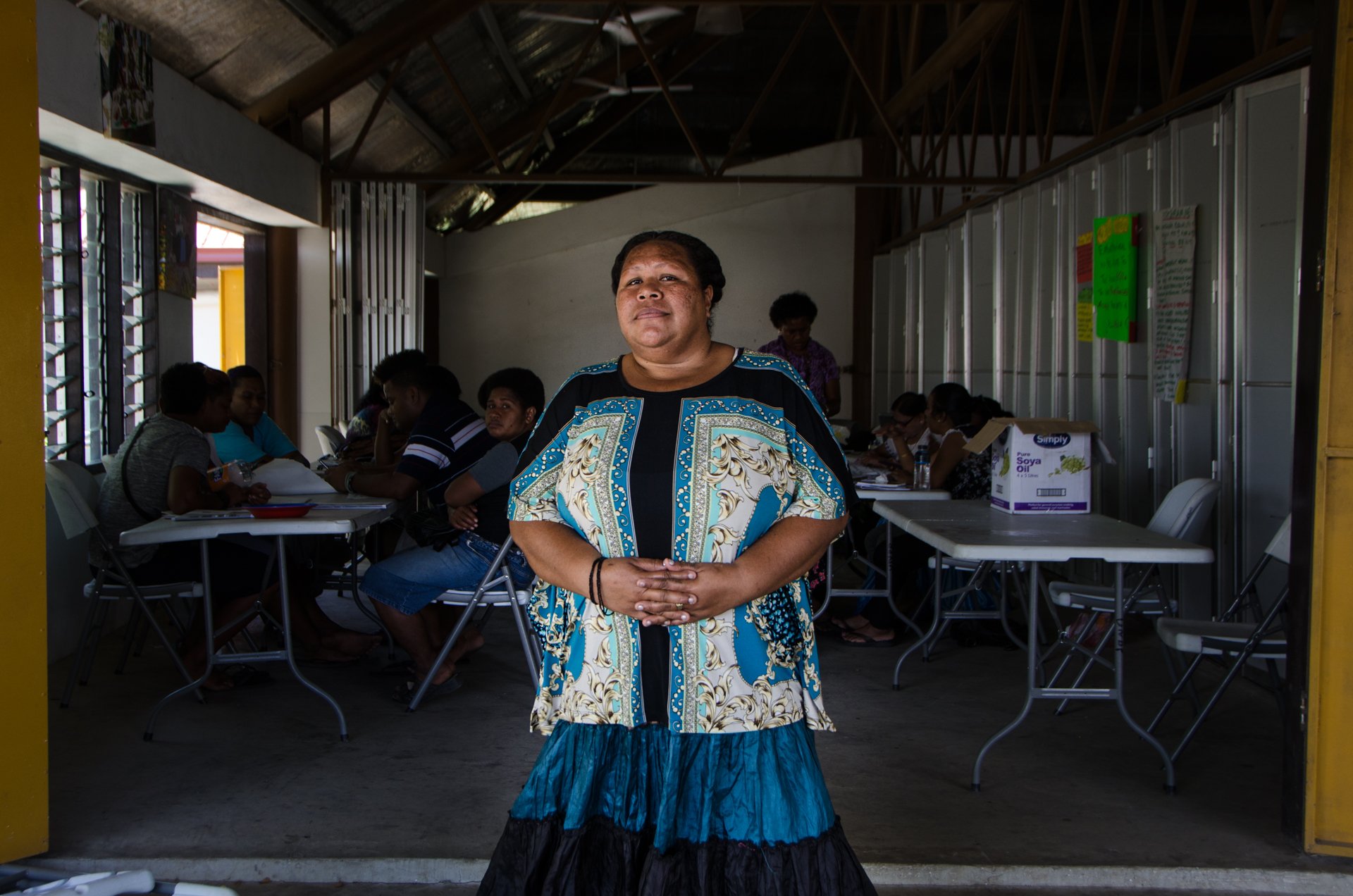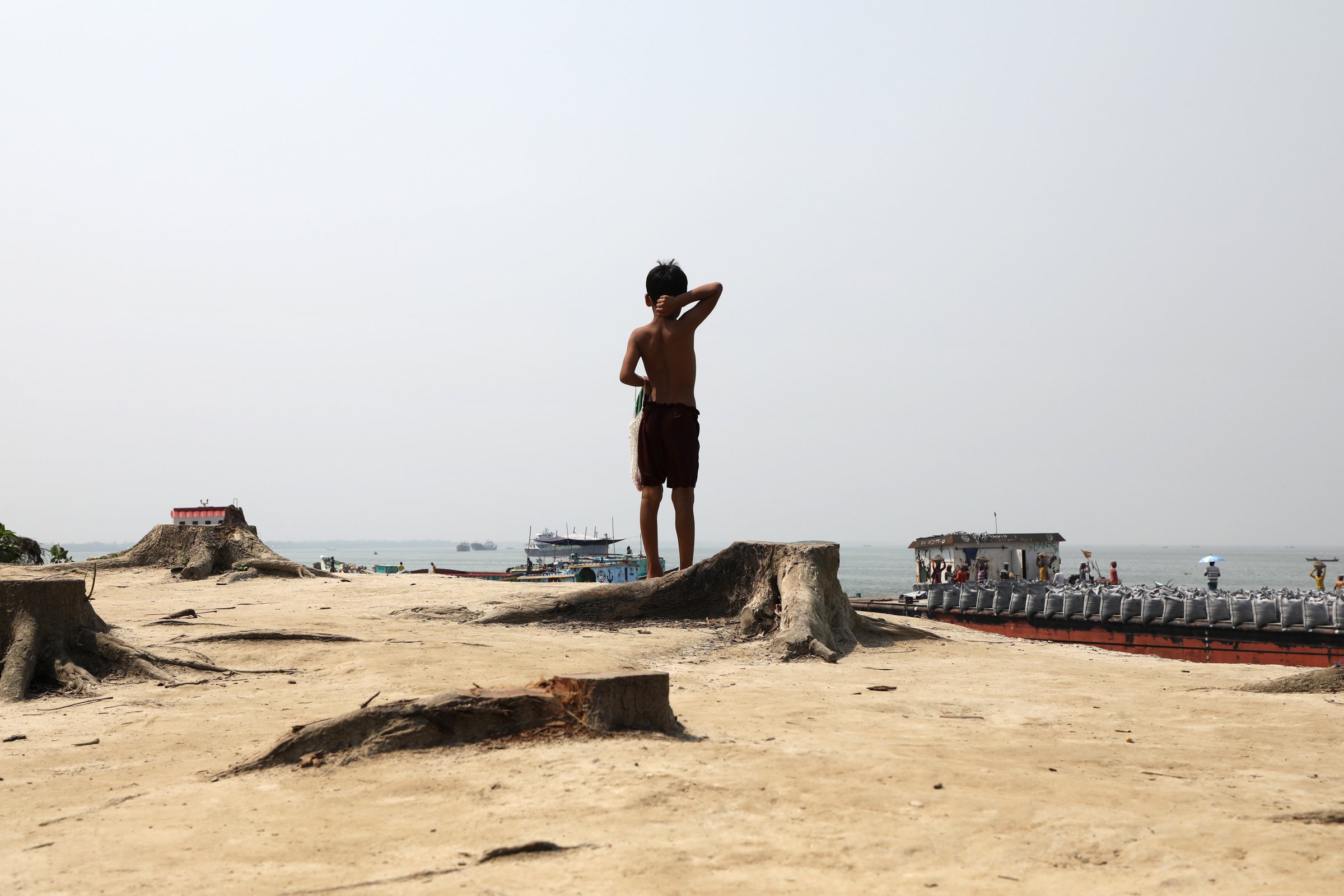Climate shocks and disasters continued to fuel displacement around the globe through 2019, as the humanitarian community struggled to get a grip on soaring needs and response costs.
The number of people needing aid exceeded early forecasts, in a trend driven by conflicts and extreme weather, according to the UN’s emergency aid coordination arm, OCHA.
Climate change is expected to make disasters more unpredictable and more intense, adding to the complexities of existing crises or magnifying hazard risks.
Mozambique, for example, recorded billions of dollars in damages when cyclones Idai and Kenneth pummelled southern Africa in quick succession. Mozambique had never seen two such powerful storms in the same season, and Kenneth hit a part of the country that had never recorded a cyclone since satellite observation began, according to the UN’s meteorological agency, WMO.
The Bahamas is still recovering from September’s Hurricane Dorian, which barged through the Caribbean at an excruciatingly slow pace. Earlier in the year, storm after storm swept through the Pacific Islands: Tonga spent nearly a week on alert mode as four extreme weather systems threatened the country.
And other regions are struggling with extreme floods or drought (or often both). One of South Asia’s worst monsoon seasons in years triggered floods and landslides across the region, while drought has left 45 million people in need of aid in 14 African countries.
While humanitarian needs soar, climate records continue to fall. The WMO reported that greenhouse gas emissions have reached record highs, and 2019’s end will also mark the warmest decade on record.
Facing such ominous signs, December brought more bad news for communities on the front lines of crises. Vulnerable countries were pushing for new disaster damage funding at the COP25 climate summit in Madrid. But the meetings ended with no new financing commitments, claims of wealthier nations employing “bullying and tricks”, and deferrals on other key issues.
What will 2020 bring? Watch for our upcoming rundown of major crises and trends in the new year. In the meantime, here’s a selection of our reporting on the climate issues and threats that tested the aid sector in 2019:

How dire climate displacement warnings are becoming a reality in Bangladesh
How do drastic displacement predictions unfold? One depleted village at a time. Examining new evidence showing how climate change is driving migration in one corner of Bangladesh.

Cyclone victims face bleak prospects in Mozambique resettlement sites
Governments often pledge to “build back better” after disasters. But many communities are simply building back with what little they have, and Mozambique’s post-cyclone resettlement process has left many worse off than before.

In India, mass cyclone evacuations saved lives but not livelihoods
The next step in preparing for climate threats: reducing damage as well as casualties. The quick evacuation of more than one million people saved lives during May’s Cyclone Fani. But a low death toll hides extensive destruction that triggered a wave of migration.

Fiji’s unheralded frontline disaster responders: women
In many Pacific Island nations, the local women preparing their communities for disasters are still searching for a seat at the table.

A local approach to defusing conflict in drought-hit northern Kenya
Building peace in an age of climate change: A local aid worker fights for peace as pastoralist communities clash over dwindling resources.

Why climate negotiations matter to the emergency aid sector
“Loss and damage” financing could feed into chronically underfunded humanitarian appeals and post-disaster rebuilding programmes. But not everyone’s on board.

Opinion: Stop looking for hope on the climate crisis. Try this instead
COP25’s ambiguous outcome leaves countries with even more to thrash out at 2020’s COP26 summit. What should people on the front lines of climate change be feeling – despair? Hope? Perhaps there’s a third option.
BEHIND THE HEADLINES: 10 Crises to Watch in 2020
Save the date: Our Ten humanitarian crises and trends to watch in 2020 has now been published. Please join us at 3pm CET on January 20 for a special webinar, Behind the Headlines: 10 Crises to Watch. Hear from our specialist editors about the crises and trends we think will shape the agenda in 2020. Get the inside scoop on our most read annual feature. Ample time will be made for Q&A. Register for the webinar now.





